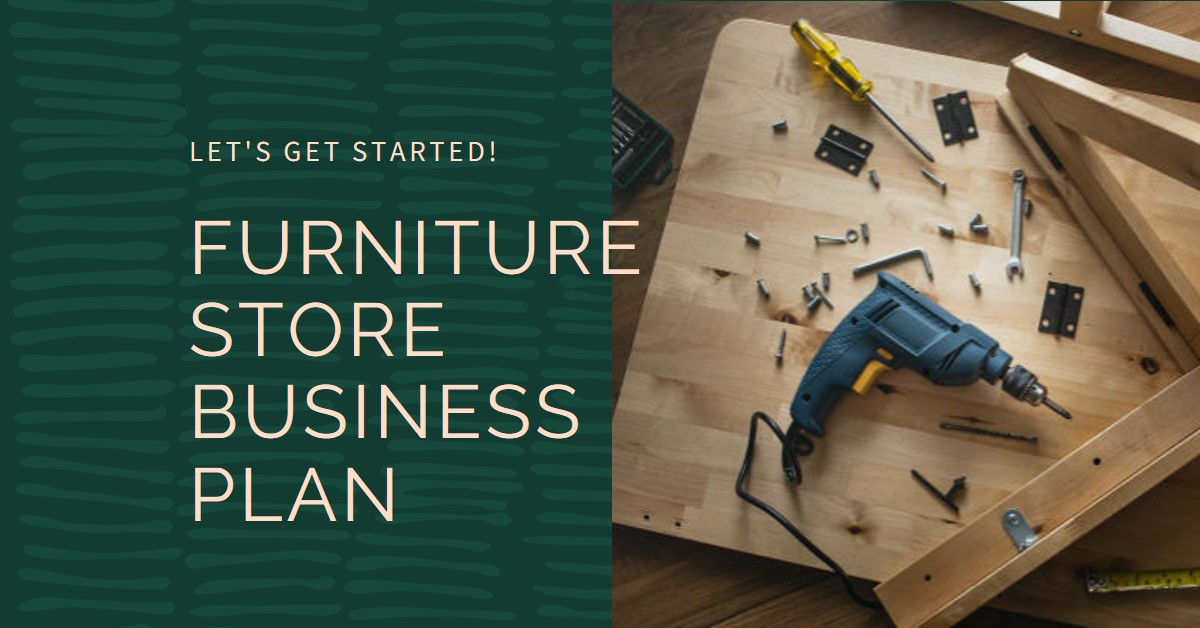Introduction:
Starting a furniture store business can be a lucrative and rewarding venture for those with a passion for interior design and a desire to run their own business. However, as with any business, it’s important to have a comprehensive business plan in place to ensure success. In this article, we will provide a roadmap for starting a furniture store business and list the pros and cons of the industry, as well as the skills required and experts you may need to hire.
Industry Overview:
The furniture store industry is a large and diverse market that includes everything from large national retailers to small independent stores. According to a report by IBISWorld, the industry is expected to generate $65 billion in revenue in 2021, with a growth rate of 2.7%. The industry is expected to continue growing as the economy improves and consumer spending increases.
Pros:
High demand: The furniture industry is a necessity for both residential and commercial properties, which means there will always be a demand for quality furniture.
Profitability: Furniture can have a high markup, which can lead to a profitable business if managed correctly.
Creative outlet: Running a furniture store can be a creative outlet for those with a passion for design and a desire to help customers create their dream homes or businesses.
Cons:
Competition: The furniture industry is highly competitive, with both large national chains and smaller independent stores vying for customers.
Inventory management: Managing a large inventory can be a challenge, as it requires space, money, and time to keep everything organized and in stock.
Changing trends: Furniture trends can change quickly, making it essential to stay up-to-date with current styles to meet customer demand.
Business Plan Roadmap:
Market Analysis: Start by researching the local market to determine the demand for furniture in your area, as well as your target customer base. Look at factors such as population demographics, income levels, and competition.
SWOT Analysis: Conduct a SWOT analysis to evaluate the strengths, weaknesses, opportunities, and threats of your business. This will help you identify potential risks and areas where you can improve.
Competitive Analysis: Analyze your competition to determine what sets your business apart and how you can compete effectively.
Product Development: Determine what types of furniture you will sell and how you will differentiate your products from your competitors. You may want to consider offering custom pieces or unique styles to set yourself apart.
Marketing Strategy: Develop a marketing strategy that includes advertising, social media, and other tactics to reach your target market.
Financial Plan: Create a financial plan that includes projected revenues, expenses, and profit margins. Determine how much funding you will need to start and run your business until it becomes profitable.
Operations Plan: Develop an operations plan that includes inventory management, supplier relationships, and staff management. Determine what roles and responsibilities your team will have and how you will train and manage them.
Skills Required:
To run a successful furniture store business, you will need a combination of business and design skills. These include:
Business management skills: You will need to have knowledge of accounting, inventory management, and customer service.
Sales skills: You should be able to sell furniture and design concepts to customers effectively.
Interior design skills: Knowledge of furniture design, color schemes, and décor trends can help you create a unique shopping experience for customers.
Experts to Hire:
Interior designers: Hiring an interior designer can help you create a cohesive and stylish showroom that will attract customers.
Accountants: Hiring an accountant can help you manage your finances effectively and ensure compliance with tax laws and regulations.
Customer service representatives: Hiring customer service representatives who can provide excellent service to customers can help build a loyal customer base.
Marketing and Sales Strategy
In order to attract customers to the store, it’s important to have a strong marketing and sales strategy. Here are some potential marketing tactics to consider:
Creating an online presence through a website and social media accounts to showcase products and promotions
Hosting events and workshops in-store to engage with customers and build a sense of community
Partnering with interior designers and home builders to showcase your products in their projects
Offering financing options or payment plans to make larger purchases more accessible
Implementing a loyalty program to reward repeat customers and incentivize referrals
Financial Projections
It’s important to have a clear understanding of the financials of your business in order to ensure its long-term success. Here are some key financial projections to consider for a furniture store business plan:
Revenue: Projected sales for the first few years of the business based on market research and estimated marketing and sales efforts
Expenses: This includes everything from rent and utilities to employee salaries, inventory costs, and marketing expenses
Profit and Loss Statement: A detailed breakdown of revenue and expenses, outlining net profit or loss each month
Cash Flow Statement: This shows the flow of money in and out of the business, helping you to understand when to expect cash inflows and outflows, and when to adjust expenses or inventory accordingly
Conclusion
Starting a furniture store business can be a rewarding venture, but it’s important to have a thorough business plan in place in order to ensure its success. By conducting market research, developing a clear mission statement, identifying key suppliers and partners, creating a strong marketing and sales strategy, and having a clear understanding of the financials, you can set your business up for long-term success. Don’t forget to also hire skilled salespeople and designers to ensure that your customers have a positive experience and keep coming back,




